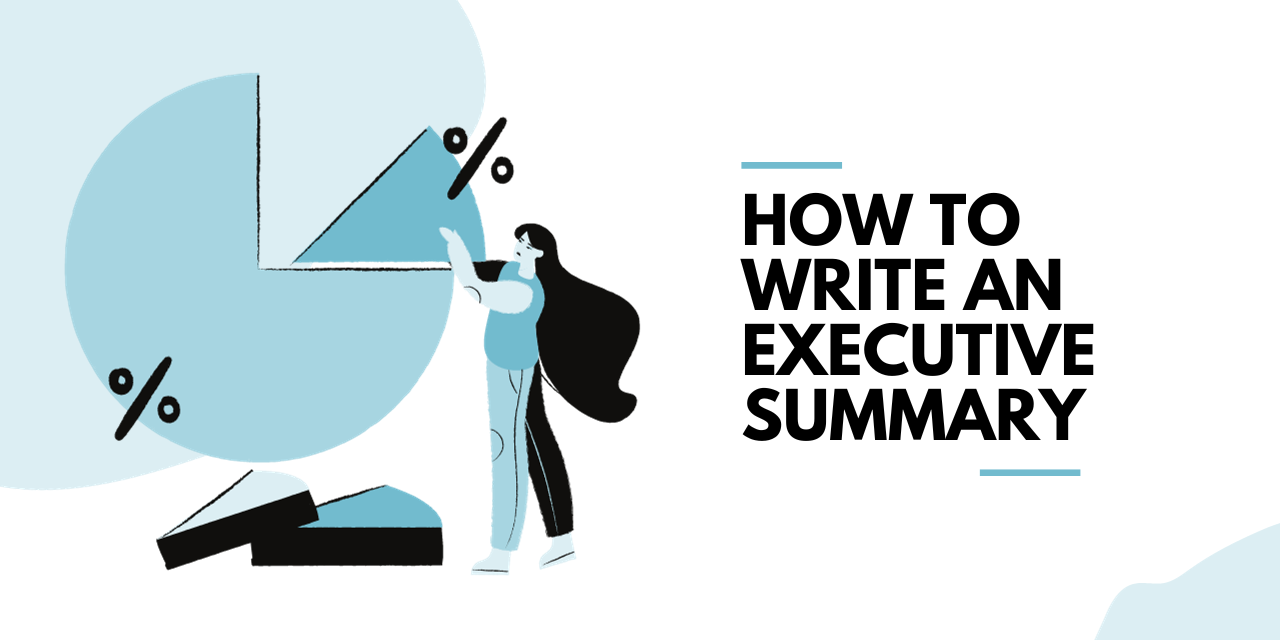Writing a year-end performance review can feel daunting. For many professionals, it’s a chance to highlight their achievements and demonstrate their value to their organization. But how can you create a review that’s both genuine and impactful?
Here’s a helpful guide to help you write an effective performance review and stand out among your peers.
Understand the Purpose
Before diving in, understand why performance reviews matter:
- Professional Growth: Reviews help identify strengths and areas for improvement.
- Feedback Loop: It provides an opportunity for dialogue between you and your manager.
- Career Advancement: Well-documented accomplishments can support promotions and raises.
Gather Data
Prepare by collecting evidence of your performance:
- Project Reports: Highlight significant milestones, accomplishments, and your role in achieving them.
- Feedback: Gather positive testimonials or feedback from colleagues, clients, or supervisors.
- Key Performance Indicators (KPIs): Quantifiable metrics that demonstrate your contributions.
Start with a Strong Opening
Begin with a concise summary of your key achievements and their impact on the organization. This sets a positive tone for the rest of your review. Here’s how to achieve this:
- Highlight the Bigger Picture: Begin by positioning your contributions within the larger context of the organization or team’s success. This could be in terms of project completions, revenue growth, or other significant milestones.
Example: “In a year marked by significant industry shifts, I had the opportunity to spearhead three major projects, each of which played a critical role in ensuring our department exceeded its annual targets.”
- Incorporate Key Achievements: If there’s a particular accomplishment you’re especially proud of, highlight it upfront. This serves as a preview for the detailed achievements you’ll describe later.
Example: “One of my key achievements was successfully negotiating a partnership with [Major Company], which will help us expand distribution of our products.”
- Be Genuine: While it’s important to showcase your achievements, make sure your opening statement is genuine and not overly boastful. It’s a balance between confidence and humility.
Example: “While I’m proud of the contributions I’ve made this year, I recognize the collaborative spirit of our team, without which many of our successes would not have been possible.”
- Keep it Concise: Remember, this is just the opening. While you want it to be impactful, avoid making it overly lengthy. Aim for a few well-constructed sentences that encapsulate your year.
Detail Your Achievements
Break down your accomplishments:
- Quantify Results: “Increased sales by 15%” is more compelling than “Improved sales.”
- Highlight Challenges: Demonstrate your problem-solving skills by explaining challenges you faced and how you overcame them.
- Discuss Collaborations: Emphasize teamwork and how you’ve worked with others to achieve results.
Identify Areas for Improvement
Being candid about areas where you could enhance your skills shows humility and a proactive approach to self-improvement. Here’s how to go about it:
- Self-reflection: Before you put pen to paper, take some time to think about the past year. Reflect on times you could’ve performed better or faced challenges that revealed gaps in your skills or knowledge.
- Be Specific: Instead of general statements like “I need to improve my communication skills,” provide details such as “I aim to articulate my ideas more succinctly during team meetings, ensuring clear and concise communication.”
- Focus on Growth: Phrase your areas for improvement as growth opportunities. Instead of “I struggled with time management,” say “I aim to refine my time management strategies to handle multiple projects more efficiently.”
- Connect to Future Goals: Tie areas of improvement to your future goals. For instance, if you want to lead bigger teams but recognize you need better conflict resolution skills, make that connection.
Set Clear Goals for the Upcoming Year
Outline your aspirations:
- Skill Development: Maybe you want to attend a course or workshop.
- Project Goals: Detail projects you’d like to tackle.
- Career Aspirations: Highlight any roles or responsibilities you’re aiming for.
Ask for Feedback
Seeking feedback shows your commitment to growth. Here’s how you can effectively invite feedback:
- Open-ended Questions: Encourage detailed feedback by asking open-ended questions like “In which areas do you think I could enhance my performance?” or “Do you have suggestions on how I can handle client meetings more effectively?”
- Be Receptive: Remember, feedback, even if it’s critical, is for your benefit. Approach it with an open mind. Avoid getting defensive. Instead, try to understand the underlying concerns or perspectives.
- Follow Up: If a supervisor or colleague provides feedback during your review discussion, take notes. Revisit these points afterward and draft a plan to address them. This shows that you take feedback seriously.
- Seek Diverse Opinions: While your supervisor’s feedback is important, consider also reaching out to peers, subordinates, or even clients for a well-rounded understanding of your performance. Different individuals might offer unique insights based on their interactions with you.
Engage in Discussion
Once submitted, prepare to discuss your review:
- Listen Actively: Understand your supervisor’s perspective.
- Ask Questions: Clarify any doubts and understand their expectations.
- Negotiate: If you believe you’re ready for more responsibilities or a raise, now’s the time to make your case.
Post-review, work on the feedback provided and keep a record of it. It’ll be a helpful reference for your next year-end review.
Example of a Year-End Performance Review
Jane Smith’s Year-End Performance Review for XYZ Company
Overview
In 2023, I embraced numerous roles and responsibilities within XYZ Company’s marketing department. I’m proud to share that our team not only met but often surpassed our quarterly goals, directly resulting in a 20% increase in year-over-year revenue for the company.
Key Achievements
- Launch of “Project Alpha”: Led a team of 6, successfully launching the campaign in three months. The project attracted 50,000 new customers, accounting for an 8% increase in our overall customer base.
- Implementation of New Marketing Strategy: Collaborated with the sales team to align our strategies. This led to a 12% improvement in lead conversion rates.
- Content Creation: Spearheaded the content strategy, publishing 50+ articles that generated over 500,000 views, positioning XYZ Company as a thought leader in our industry.
Challenges Overcome
Encountered a significant budget cut in Q2. However, by reallocating resources and streamlining our ad campaigns, we maintained our performance without compromising on quality or results.
Opportunities for Improvement
While I’ve strengthened my data analytics skills, I believe there’s opportunity for improvement. I intend to take an advanced analytics course in the first quarter of 2024 to interpret complex data better and inform our marketing strategies.
Goals for 2024
- Expand Our Digital Presence: Aim to grow our social media following by 25%.
- Engage in Continuous Learning: Attend two industry conferences and workshops to stay updated with the latest trends.
- Mentorship: Plan to mentor two junior team members, sharing my experiences and guiding their professional growth.
Conclusion
Writing a year-end performance review is not just a formality; it’s an opportunity. By clearly presenting your achievements, demonstrating self-awareness, and showing a commitment to growth, you position yourself as a valuable asset to your organization. With the guidance above, you’re well-equipped to write a compelling review to set yourself up for continued success.






